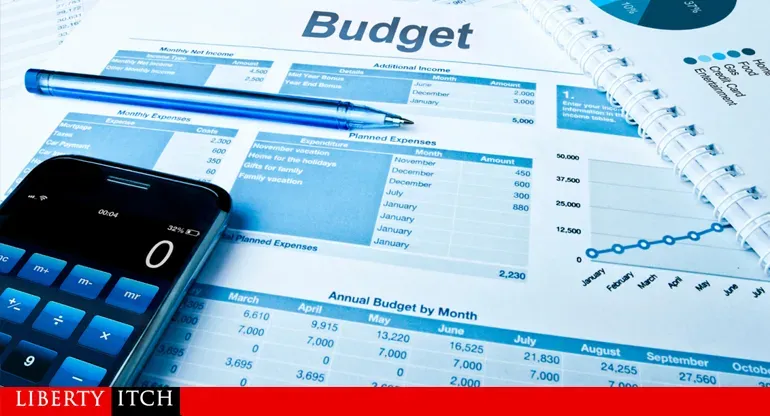Table of Contents

New Zealand Symphony Orchestra conducted by Thomas Søndergård with Denis Kozhukhin (piano). Music by Beethoven, Schumann and Sibelius. Michael Fowler Centre, May 18, 2019
“Decadence!” is how English critic Henry Fothergill Chorley viewed the music of Robert Schumann. Schumann’s was the art of “covering pages with thoughts little worth noting and of hiding an intrinsic poverty of invention by grim or monotonous eccentricity.” It portended the imminent demise of civilised living. (It should be noted that Chorley was likened by one eminent contemporary to a “stuffed monkey,” on whom the prodigious amounts of alcohol he consumed were apparently wasted.)
If you wish to participate in civilisation-ending decadence of the utmost deliciousness, you must not miss Denis Kozhukhin’s truly wicked performance of Schumann’s Piano Concerto in A-Minor with the New Zealand Symphony Orchestra—coming soon to a town near you, if you live near Tauranga, Hamilton, Auckland or New Plymouth.
It opened in Wellington last Saturday night; surprisingly, civilisation didn’t crash to a halt there and then. Everything reeked delectably of Sodom and Gomorrah.
To begin with, there was the physical presence of the soloist. Kozhukhin, a Russian, looks like a Greek god, impossibly statuesque, hair down to the ground in a way that would turn Franz Liszt green. Then there was the glory of his playing, as though Schumann had written this piece for him, not his beloved Clara. Technique, style, flourish, nuance, romance—it was all there. The Band, directed by the equally imposing Thomas Søndergård, were equal to the interplay.
And of course, there was the music itself. Originally a one-movement Fantasy, it was morphed by Schumann into its final form when he was already succumbing to intractable depression. Seemingly, the more he succumbed, the more ecstasy he could induce in his composing. This was Romanticism at its sublimest, well deserving of pride of place in a programme whose overall title is Love Eternal.
Not so clear to me is why the second half consisted of Sibelius’s 6th and 7th Symphonies. (Note: the content of the second half varies from centre to centre.) The love connection is not at all obvious; neither, to me, is the musical merit of the pieces. Benjamin Britten thought Sibelius must have been drunk when he wrote one of them, in which case this was another waste of good alcohol. (Sibelius was to live another fifty years without writing another thing, boasting at one point that all the doctors who had ordered him to stop smoking and drinking were now dead. He himself finally died at 92!) The composer claimed to be repairing to pre-diatonic traditions. All well and good for those who like that sort of thing. I, not wanting to be brought down from the exhilaration of the Schumann, absented myself from the second half. Sibelius aficionados who stayed assure me the performance was exemplary.
Regardless, Kozhukhin’s Schumann was 2019’s highest point thus far for me.
If this be decadence, play on!





